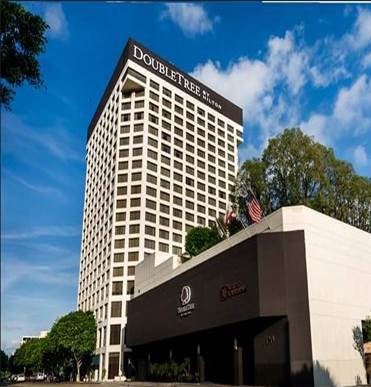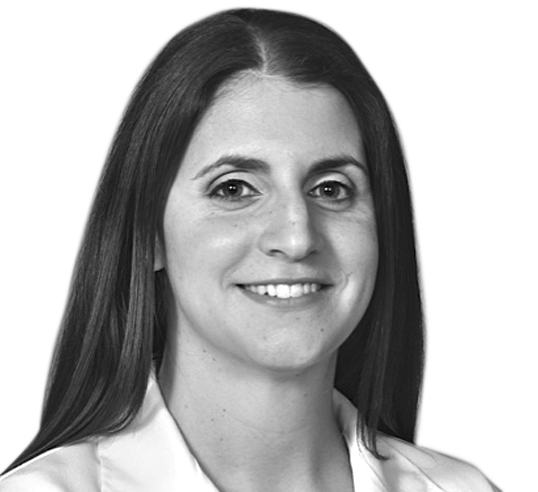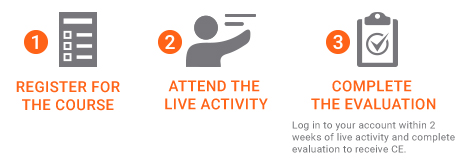Los Angeles, CA – February 4-5, 2017
Are you currently compounding with any of these active pharmaceutical ingredients: apomorphone, azathioprin, cyclophosphamide, cyclosporine, diethylstilbestrol, estradiol, fluorouracil, medroxyprogesterone, phenytoin, progesterone, spironolactone, or tacrolimus? To view a full list of hazardous drugs please visit
http://www.cdc.gov/niosh/topics/antineoplastic/pdf/hazardous-drugs-list_2016-161.pdf
If so, you must be compliant with General Chapter <800> Hazardous Drugs – Handling in Healthcare Settings, which was formally published February 1, 2016 in the First Supplement to USP 39-NF 34. In an effort to provide an adequate timeframe to implement USP <800>, the chapter has a delayed official implementation date of July 1, 2018. While a two-year window may seem to provide sufficient time for preparation, it is important to note that this implementation date is when entities must be compliant; waiting too long to begin the process could negatively impact your practice. It is critical that pharmacies that compound hazardous drugs prepare their equipment, processes, and staff for the requirements of USP <800>. During this training activity, you will learn about personal protective equipment, engineering controls, closed system transfer devices, facility design, workflow considerations, and safe handling practices. Moreover, you will learn how to minimize and prevent hazardous drug contamination and exposure through: powder containment techniques, waste disposal, staff training, and the handling of emergency situations such as chemical spills.
Although the negative health risks associated with occupational exposure are well-defined, the practical application and implementation of the requirements outlined in USP <800> can be challenging. This training activity will provide you with the resources needed for either an easy transition to becoming compliant or maintaining compliance with USP <800>.

Concerned about USP <800> and the implications for you and your practice? Browse our FAQ for an idea of the topics we address in full during our Hazardous Drug Compounding seminar.
Intended audience
Learning Objectives
FOR PHARMACISTS:
- Describe the hazardous compounding regulatory framework and standards of practice, including OSHA, NIOSH and USP <800>.
- Examine the risks of working with hazardous drugs in the pharmacy and healthcare continuum.
- Construct a pharmacy-specific hazardous drug list by assessing the occupational risks associated with hazardous drugs.
- Evaluate the critical strategies required to protect personnel, patients, and the environment when handling hazardous drugs in a healthcare setting.
- Assess hazard communication and training requirements.
- Contrast containment primary engineering controls (C-PECs) and their application.
- Interpret facility design plans for non-sterile and sterile hazardous drug compounding.
- Manage safe handling practices required for hazardous drug handling and compounding.
- Evaluate deactivation and decontamination procedures.
- Select personal protective equipment based on the NIOSH tiered approach.
- Demonstrate donning and doffing procedures.
- Examine the advantages of medical surveillance and environmental monitoring.
FOR TECHNICIANS:
- Describe the hazardous compounding regulatory framework and standards of practice, including OSHA, NIOSH and USP <800>.
- List the risks of working with hazardous drugs in the pharmacy and healthcare continuum.
- Construct a pharmacy-specific hazardous drug list by assessing the occupational risks associated with hazardous drugs.
- Outline strategies required to protect personnel, patients, and the environment when handling hazardous drugs in a healthcare setting.
- Recognize the importance of hazard communication and training requirements.
- Describe the different containment primary engineering controls (C-PECs) and their rationale for use.
- Reproduce facility design plans for non-sterile and sterile hazardous drug compounding.
- Outline safe handling practices required for hazardous drug handling and compounding.
- Describe deactivation and decontamination procedures.
- Select personal protective equipment based on the NIOSH tiered approach.
- Demonstrate donning and doffing procedures.
- List the advantages of medical surveillance and environmental monitoring.
An unrestricted educational grant has been provided by MEDISCA Inc.
The preferred hotel accommodation is the DoubleTree Los Angeles with a special group rate of $209/night. The special room rate will be available until January 4th or until the group block is sold-out, whichever comes first.
For reservations, please call 1-800-222-TREE (8733) and mention LP3 Network (group code: LPN) when booking to get our special group rate or use this unique link for LP3 Network customers.

Based on availability. Payment for hotel accommodations is at the expense of the activity participant.
| CHRISTINE ROUSSEL, PharmD, BCOP Assistant Director of Pharmacy, Doylestown Hospital Disclosure: MEDISCA Consultant |  |
Christine Roussel is a board certified oncology pharmacist and the Assistant Director of Pharmacy at Doylestown Hospital in Pennsylvania where she is responsible for clinical program development and compounding activities. Dr. Roussel also serves as adjunct professor at the University of the Sciences in Philadelphia. Dr. Roussel is an expert in hazardous compounding and has served as the Cancer Center Pharmacy Manager at the Einstein Healthcare System where she was instrumental in directing the design and clinical workflow processes and protocols for the dedicated on-site oncology pharmacy facility. As well, she managed the planning, building and maintenance of the sterile hazardous drug compounding facility. Dr. Roussel also established an outpatient specialty pharmacy service line for cancer center patients, providing clinical and copay-assistance guidance to patients. In her previous role as the Vice President of Pharmacy Operations for the OncoMed Oncology Pharmacy of Philadelphia, a closed door specialty pharmacy, Dr. Roussel oversaw training of all clinical staff on treatment guidelines, patient counseling, regulatory requirements, compounding techniques, and the safe handling of hazardous chemotherapy agents. Dr. Roussel oversaw the maintenance of the cleanroom facilities and wrote the company’s policies and procedures for their sterile compounding program.
Dr. Roussel received her Bachelor of Science in Toxicology and her Doctorate in Pharmacy from the Philadelphia College of Pharmacy at the University of the Sciences and is currently an active member of the American Society of Health System Pharmacists (ASHP), the American Pharmacist Association (APhA), and the Hematology Oncology Pharmacists Association (HOPA). Dr. Roussel is also an active member of the Legislative Action Committee for the Pennsylvania Society of Health Systems Pharmacy.
CPE Credits: 12 CPE hours = 1.2 CEUs
Joint Accreditation Status (University of Florida College of Pharmacy/LP3 Network)
Activity Type: Application-based
UAN: 0012-9999-16-421-L04-P/T for pharmacists and technicians
To receive CPE credits for the live component, participants must demonstrate full and satisfactory participation, and submit a completed evaluation to the University of Florida College of Pharmacy.
Participants registered in the United States can obtain a statement of credit from their NABP e-Profile. The University of Florida College of Pharmacy will report CPE credits to the CPE Monitor. Participants registered other than in the United States will receive a statement of credit by email.

International participants should verify with their respective governing board for accreditation equivalency.
Price
A written request must be sent to LP3 Network requesting “Cancellation without Transfer” to an alternate live activity date. If cancellation occurs at greater than or equal to 31 days from the live activity date, then the registrant will receive a 75% refund; 15-30 days a 50% refund; and less than or equal to 14 days no refund.
TRANSFER POLICY:
The transfer policy is only in effect if requested greater than or equal to 14 days prior to the original live activity date. Failure to submit the “Transfer Request” at least 14 days prior to the original live activity date will default to the “Cancellation and Refund Policy”. The transfer policy can only be applied one (1) time. Transfer to a new live activity date must be within the current calendar year. Failure to attend the new live activity will result in no refund and will no longer be transferable. Confirmation of the new activity date is subject to approval by LP3 Network based on the number of available seats within the selected live activity. There are no refunds, returns, or transfers upon purchase of the home study.
CURRENT PROMOTION:
20% Off
 | Use coupon code 20LP317 upon checkout to receive 20% off this educational training. |
PURCHASE INFORMATION:
Don’t see the Add to Cart button? Please try to Log In, Create an Account or Contact Us for help!

 Facebook
Facebook X
X LinkedIn
LinkedIn Forward
Forward
